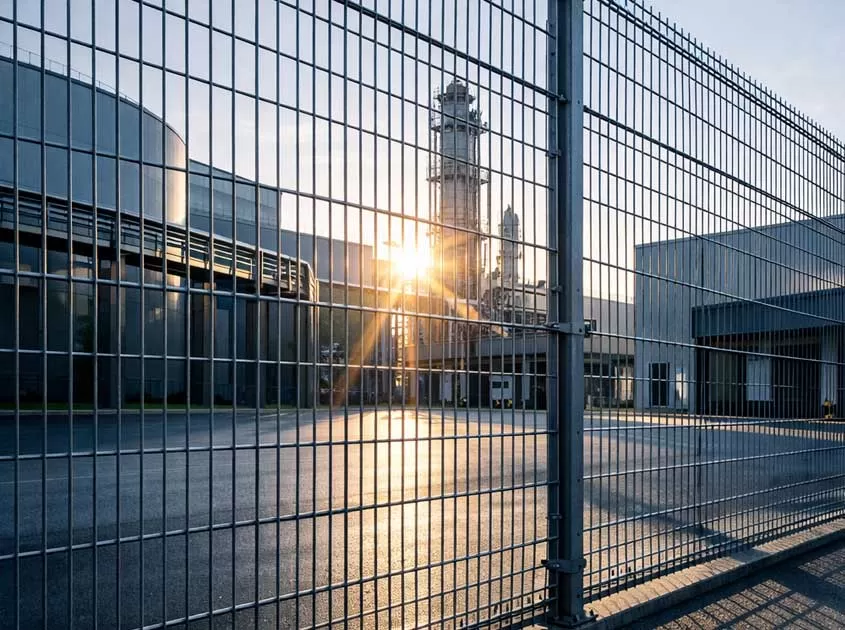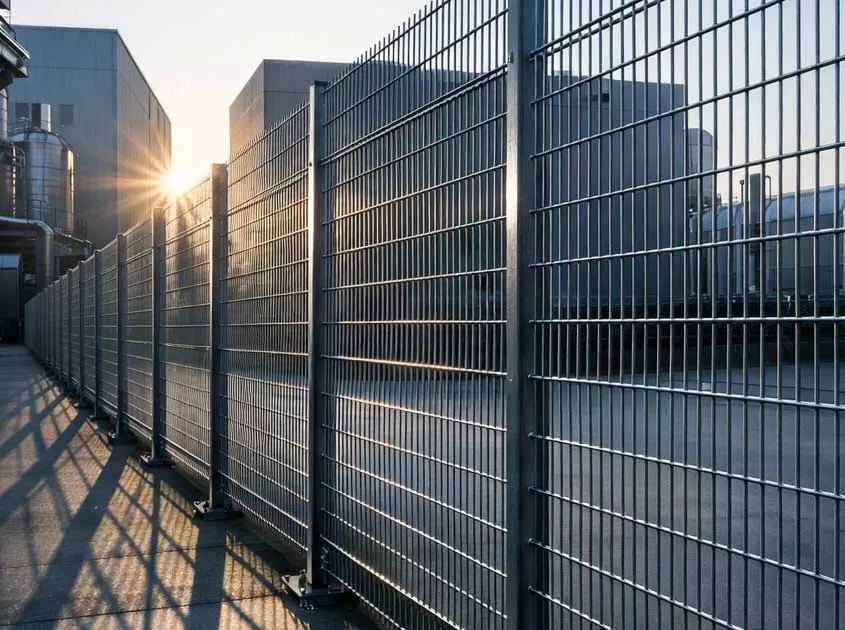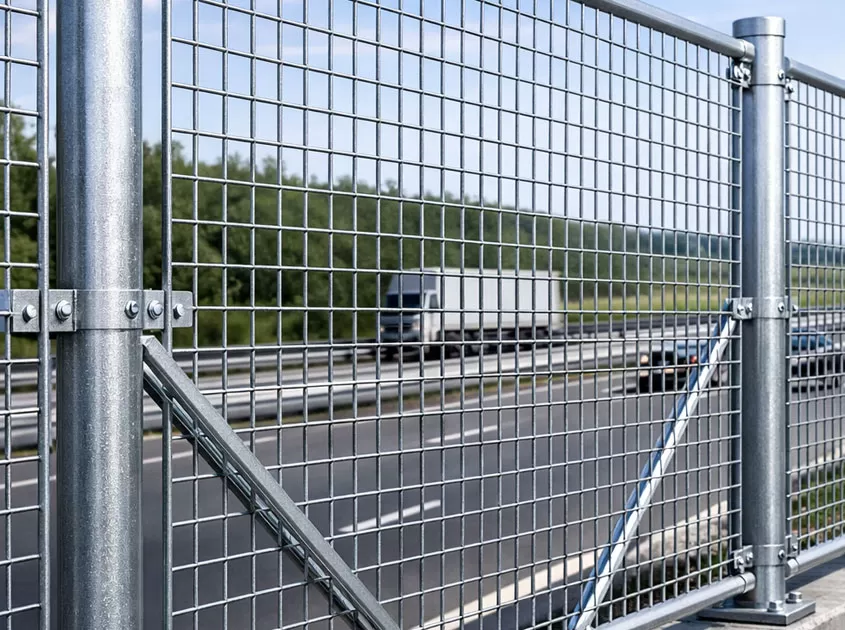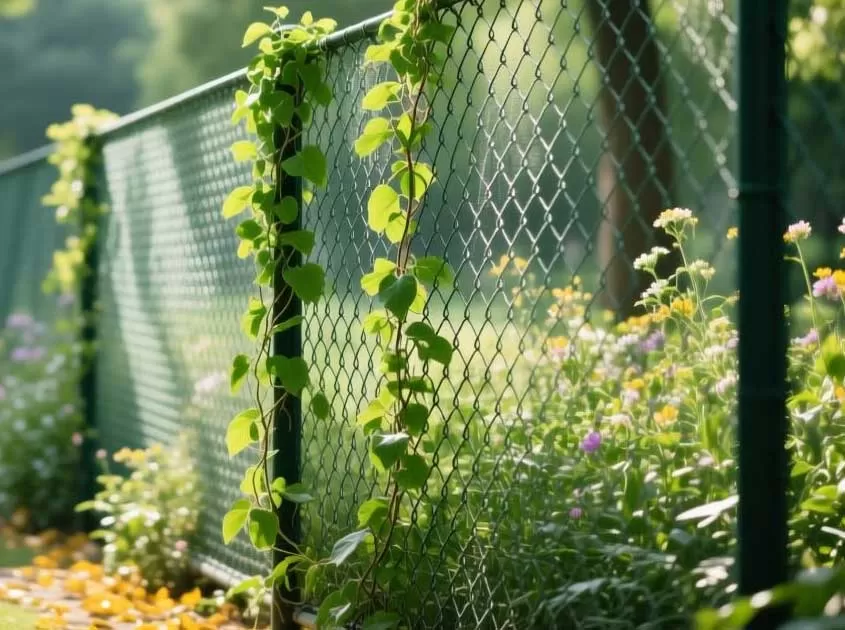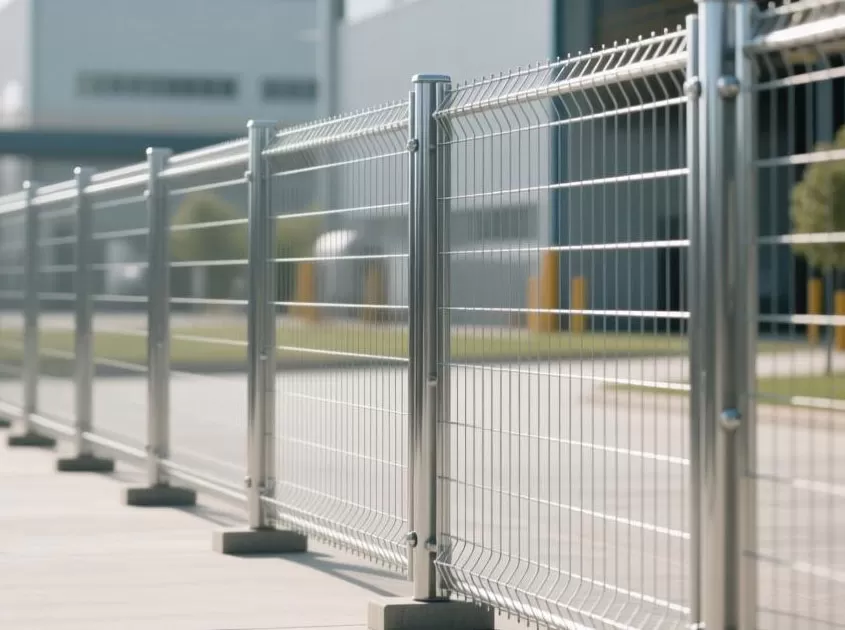What Wire Mesh Products Are Best Fit for Construction Use in the Middle East
The Middle East, a crucial market for the global construction industry, presents unique challenges due to its distinct climate, architectural styles, and construction needs. Understanding these needs helps in providing customers with more suitable products, increasing sales and market share. This article explores which wire mesh products are best suited for construction applications in the Middle East and provides a selection guide to help you succeed in this market.
1. Overview of the Middle East Construction Market
The construction industry in the Middle East is experiencing rapid growth, particularly in countries like the UAE, Saudi Arabia, and Qatar. These countries are undergoing rapid urbanization, leading to a surge in construction projects. With the increase in infrastructure construction, real estate development, and industrial projects, the demand for building materials is growing. Wire mesh products, as an important component of the construction industry, are widely used in structural reinforcement, security fencing, and facade decoration.
Due to the Middle East's climate characteristics—high temperatures, high humidity, and frequent sandstorms—wire mesh products need to meet specific requirements in terms of design, materials, and durability.
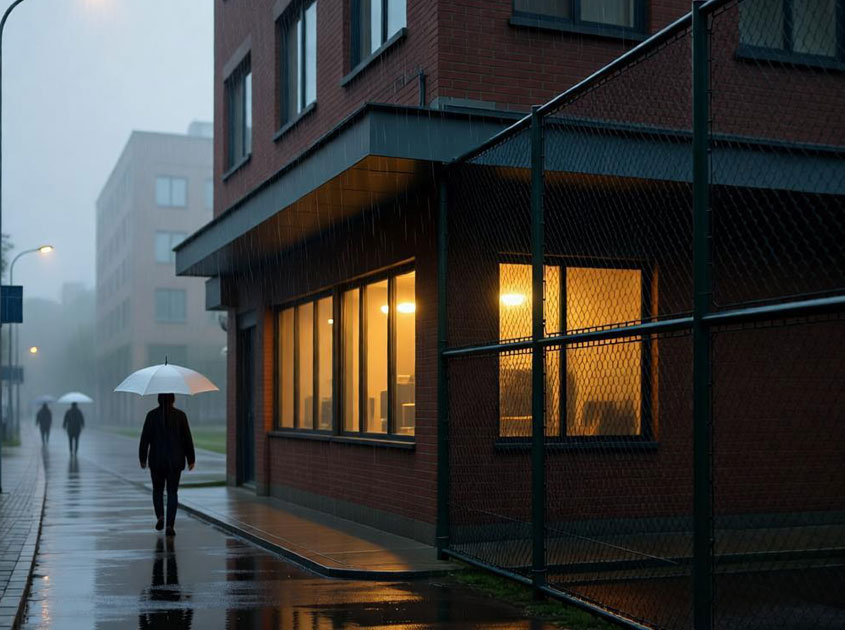
2. Wire Mesh Products Suitable for Middle Eastern Construction Applications
Galvanized Wire Mesh: Galvanized wire mesh is widely used in the Middle Eastern construction market, particularly for protective netting, fencing, and ground reinforcement. The galvanized metal wire mesh offers excellent corrosion resistance and weather resistance, effectively resisting high temperatures and sandstorms. This is especially important in hot and sandy regions like the UAE and Saudi Arabia, as the galvanized layer effectively prevents rust and corrosion, extending the wire mesh's lifespan.
Welded Wire Mesh: Welded wire mesh is a commonly used structural reinforcement material in the construction industry, widely used in concrete pouring, wall reinforcement, and foundation construction. Construction sites in the Middle East typically require high-strength, durable mesh products, which welded wire mesh perfectly meets. It effectively improves the stability and seismic performance of building structures, making it particularly suitable for large-scale construction projects such as high-rise buildings, bridges, and roads.
Stainless Steel Wire Mesh: Due to its extremely high corrosion resistance and high-temperature resistance, stainless steel wire mesh is widely used in the Middle East where both protection and aesthetics are required. Stainless steel wire mesh can withstand the harsh weather conditions of the Middle East, such as high temperatures and ultraviolet radiation, and is also resistant to acid and alkali corrosion. It is commonly used in construction projects such as facade decoration, fencing, and window security netting, playing a particularly important role in high-end buildings and urban public facilities.
Hexagonal wire mesh (chicken wire mesh) is a typical type of fencing widely used in landscaping, agriculture, and construction projects. In Middle Eastern construction projects, hexagonal wire mesh is commonly used for fencing, park isolation, and construction site protection. Hexagonal wire mesh has high tensile strength, effectively preventing external disturbances, especially in desert construction sites, where it helps protect construction areas from sandstorms and animals.
3. Climate Adaptability and Material Selection
In the Middle East, the selection of wire mesh products considers not only structural strength but also the material's weather resistance. The Middle East's climate is predominantly hot and dry, with summer temperatures often exceeding 40°C, strong ultraviolet radiation, and frequent sandstorms. Therefore, selecting wire mesh products that are resistant to high temperatures, ultraviolet radiation, and corrosion is crucial.
High Temperature Resistance: In high-temperature environments, wire mesh materials are susceptible to thermal expansion. Therefore, selecting materials capable of withstanding extreme temperatures (such as galvanized wire mesh and stainless steel wire mesh) is crucial.
UV Resistance: UV radiation not only causes aging of wire mesh materials but also affects their durability. Using wire mesh with UV-resistant treatment can effectively extend the product's lifespan, especially in outdoor construction projects.
Corrosion Resistance: Sandstorms and humid environments exacerbate the corrosion of metal materials. Therefore, in the Middle East, galvanized wire mesh, stainless steel wire mesh, and plastic-coated wire mesh are common choices. These wire meshes have strong corrosion resistance and can maintain structural stability and appearance over long periods.
4. Dual Requirements of Safety and Aesthetics
The Middle Eastern construction market has high requirements for both aesthetics and safety. Many high-end construction projects, commercial facilities, and residential areas emphasize aesthetic design and the beautification of the surrounding environment. Wire mesh products must not only possess strong structural support but also provide excellent visual appeal. To meet these needs, the following products are particularly suitable for the Middle Eastern market:
Decorative Wire Mesh
Decorative wire mesh is mainly used for building facades, balcony railings, stair railings, etc. These wire mesh products are usually made of stainless steel or PVC-coated metal wire, possessing good corrosion resistance while also providing a modern visual effect. In some high-end buildings, decorative wire mesh often becomes a unique design element.
PVC-Coated Wire Mesh
In addition to its basic protective functions, PVC-coated wire mesh, with its diverse colors and clean appearance, is commonly used in residential areas, commercial areas, and urban public facilities in the Middle East. This type of wire mesh not only improves security but also beautifies the environment, meeting the aesthetic requirements of modern architecture.
5. Considerations for Transportation and Installation
When selecting wire mesh products suitable for the Middle East, the ease of transportation and installation must also be considered. Since many construction projects in the Middle East are located in deserts or remote areas, transportation costs are high. Therefore, choosing lightweight wire mesh products that are easy to stack and transport can reduce logistics costs and ensure that the products can reach the construction site quickly.
Furthermore, easy-to-install wire mesh products, such as modular fencing and easy-to-assemble welded wire mesh, can effectively improve construction efficiency and reduce installation costs.
Conclusion
When selecting wire mesh products suitable for construction applications in the Middle East, local climate conditions, market demands, and the safety and aesthetic requirements of the construction project must be considered. Corrosion-resistant and high-temperature-resistant products such as galvanized wire mesh, welded wire mesh, and stainless steel wire mesh can meet the long-term usage requirements in the harsh environment of the Middle East. Meanwhile, decorative mesh and PVC-coated wire mesh, with their good visual appeal, can meet the Middle Eastern market's demand for aesthetically pleasing architecture. By selecting appropriate wire mesh products, you can gain a competitive advantage in the Middle Eastern market and provide your customers with high-quality, durable building materials that meet local needs.
-
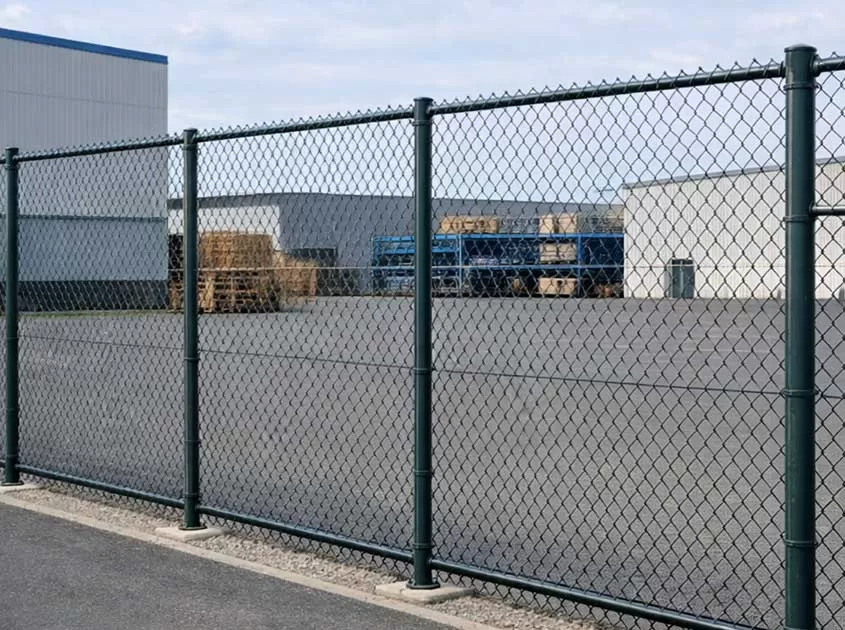 Best Chain Link Fence for Security Applications Feb 10, 2026
Best Chain Link Fence for Security Applications Feb 10, 2026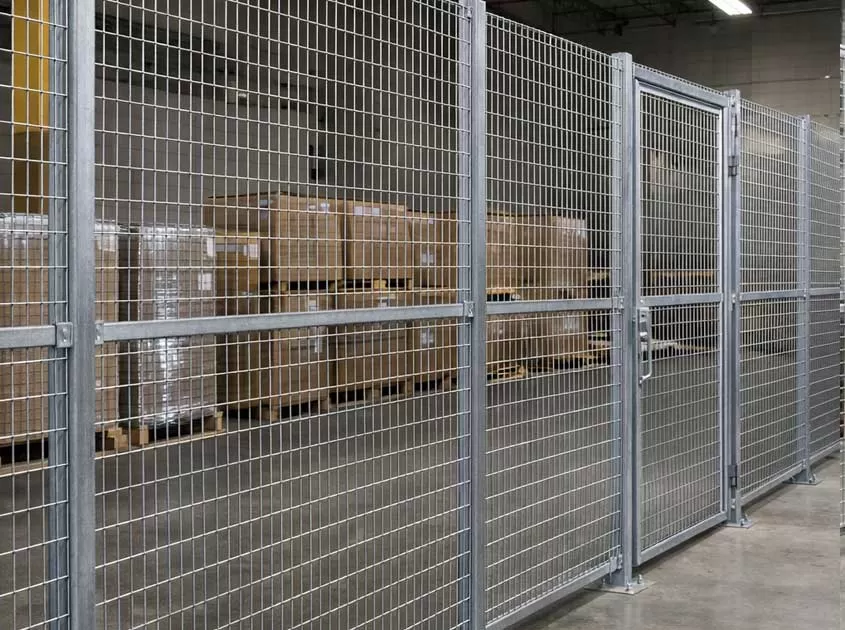 Best Welded Wire Mesh for South American Markets Feb 03, 2026
Best Welded Wire Mesh for South American Markets Feb 03, 2026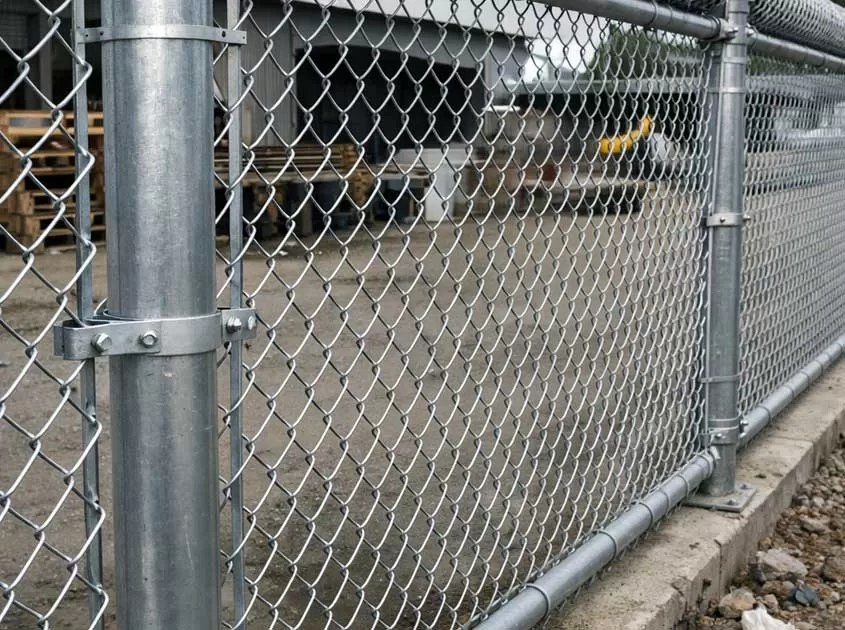 Why Galvanized Wire Mesh Is Popular in South America Jan 26, 2026
Why Galvanized Wire Mesh Is Popular in South America Jan 26, 2026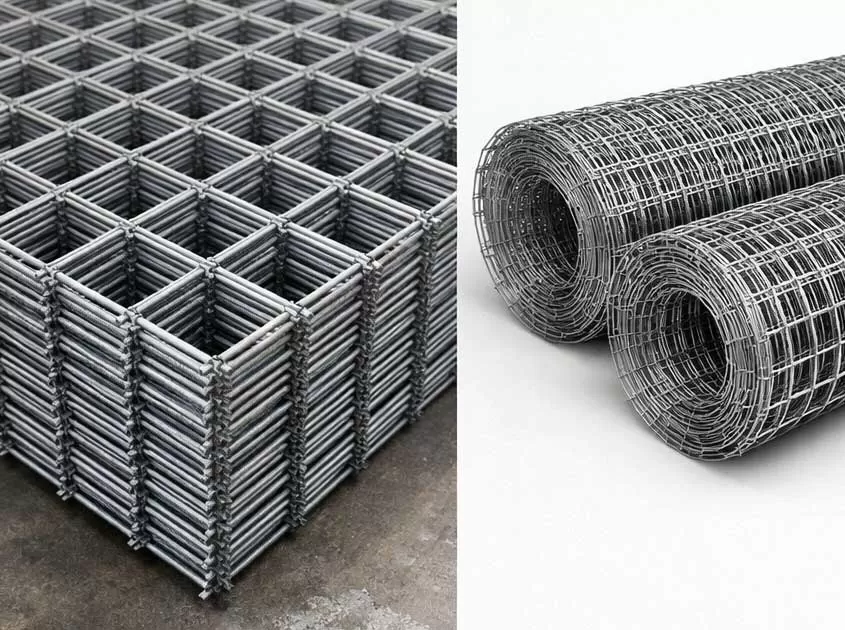 How to Check the Quality of Welded Wire Mesh Jan 16, 2026
How to Check the Quality of Welded Wire Mesh Jan 16, 2026

- Tel.: +86 311 83077076
- E-mail: sales@qunkunmetal.com
- Skype: qunkunsales01
- WhatsApp: 8618032412189
- Add.: No.69 The Filter Industrial Part of Anping, Hebei, China




